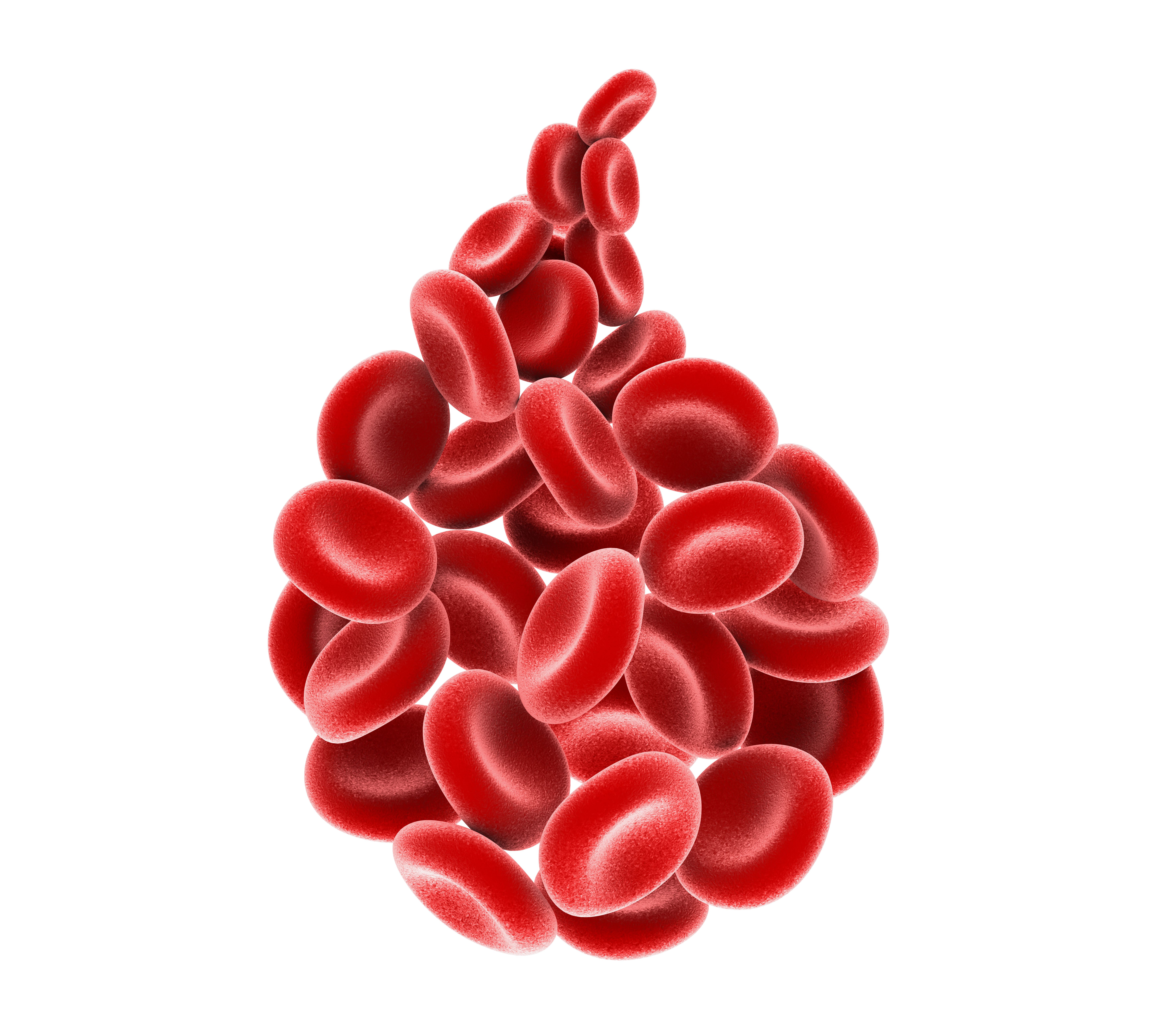Luspatercept Earns Expanded European Approval for Anemia in Lower-Risk MDS
Data from the phase 3 COMMANDS trial support the expanded European approval of frontline luspatercept for transfusion-dependent anemia in lower-risk myelodysplastic syndromes.
The FDA approved luspatercept as frontline therapy for lower-risk MDS and transfusion-dependent anemia in August 2023.

The European Commission has expanded the approval status of luspatercept-aamt (Reblozyl), which will be available as frontline therapy for adult patients in the European Union who have transfusion-dependent anemia and lower-risk myelodysplastic syndromes (MDS), according to developers Bristol Myers Squibb.1
Supporting data for the expanded approval came from the phase 3 COMMANDS trial (NCT03682536), in which investigators assessed luspatercept compared with the erythropoiesis stimulating agent (ESA) epoetin alfa.
According to findings from the primary analysis, investigators observed red blood cell transfusion independence (RBC-TI) for at least 12 weeks with concurrent mean hemoglobin (Hb) increase of at least 1.5 g/dL within the first 24 weeks in 60.4% of patients in the luspatercept arm and 34.8% of those in the epoetin alfa arm (P <.0001). Additionally, erythroid response (HI-E) increases of at least 8 weeks occurred in 74.2% vs 53% of patients in each respective arm (P <.0001). Among those who achieved RBC-TI for at least 12 weeks, the duration of response was 128.1 weeks (95% CI, 108.3-not evaluable [NE]) and 89.7 weeks (95% CI, 55.9-157.3) in each respective arm (HR, 0.534; 95% CI, 0.330-0.864; P = .0096).
Safety findings in the COMMANDS trial were comparable with prior MDS studies; the incidence of death and progression to acute myeloid leukemia was similar in each treatment arm. Common treatment-emergent adverse effects (TEAEs) included diarrhea, fatigue, COVID-19, hypertension, dyspnea, nausea, asthenia, and dizziness.
“In the treatment of lower-risk MDS, few patients experience a lasting response to [ESAs], leaving a critical need for more effective treatment options to address the burden of their anemia,” study investigator Matteo Giovanni Della Porta, MD, head of the Leukemia Unit at Humanitas Cancer Center in Milan, Italy, said in the press release. “Results from the COMMANDS study underscore the clinical value of [luspatercept] as an initial treatment for anemia in patients with low- to intermediate-risk MDS, and this approval represents a significant milestone towards improving treatment practice and offering better outcomes for patients.”
In the open-label COMMANDS trial, 363 patients with very low-, low-, or intermediate-risk MDS who are RBC transfusion dependent and naïve to treatment with ESAs were assigned 1:1 to receive luspatercept or epoetin alfa. The trial’s primary end point was RBC-TI for 12 or more weeks with a mean Hb increase of at least 1.5 g/dL. Secondary end points included HI-E for at least 8 weeks, RBC-TI for at least 12 weeks, and RBC-TI for 24 weeks.
The FDA approved luspatercept as frontline therapy for lower-risk MDS and transfusion-dependent anemia in August 2023.2 Supporting data for the approval came from the COMMANDS trial.
References
- European Commission expands approval of Bristol Myers Squibb’s Reblozyl® (luspatercept) to include first-line treatment of transfusion-dependent anemia in adults with lower-risk myelodysplastic syndromes (LR-MDS). News release. Bristol Myers Squibb. April 2, 2024. Accessed April 3, 2024. https://tinyurl.com/2tre3udt
- U.S. FDA approves Bristol Myers Squibb’s Reblozyl® (luspatercept-aamt) as first-line treatment of anemia in adults with lower-risk myelodysplastic syndromes (MDS) who may require transfusions. News release. Bristol Myers Squibb. August 28, 2023. Accessed April 3, 2024. https://bit.ly/3qH7YEQ
Newsletter
Stay up to date on recent advances in the multidisciplinary approach to cancer.